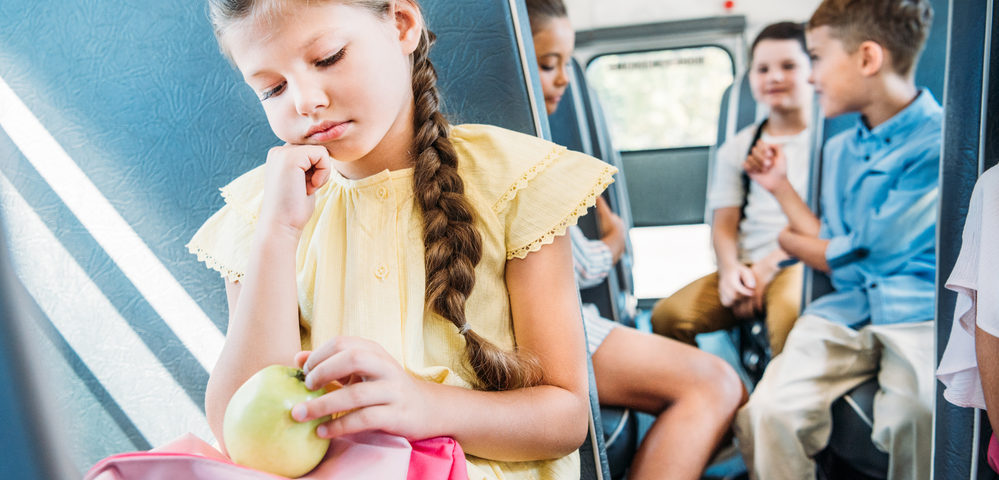
5 Stress-Busting Summer Activities For Foster Kids
July 18, 2022
How To Help Your Foster Child Build Confidence And Self-Esteem
September 8, 2022For many of us, back to school means shopping for new clothes, backpacks, and other supplies. For others, it’s the excitement of reconnecting with friends and meeting new teachers. But for kids in foster care, the start of a new school year can be yet another difficult transition. Chances are, there are foster children in every school district across the US. Maybe it’s a classmate? Maybe it’s a child you have chosen to love and care for as a foster parent? Today, we will discuss some common challenges and what back to school means for foster families.
Separation Anxiety
Children heading to preschool or kindergarten will often struggle with separation anxiety, according to The American Academy of Pediatrics. This is a normal part of childhood development. But for children in foster care, this fear may extend into elementary school and beyond, due to past trauma and their growing attachment to you. For tips on understanding separation anxiety in foster care children, and how to help and support your child as they head back to school, click here.
Bullying
Dealing with bullying can be a particular issue for children in foster care. Many foster parents talk about the positive impact fostering can have on biological children, including teaching empathy, kindness, and the value of acceptance. But these are lessons all parents should be focused on when raising kids. Stopbullying.gov notes that, “When adults respond quickly and consistently to bullying behavior they send the message that it is not acceptable…. Parents, school staff, and other adults in the community can help kids prevent bullying by talking about it, building a safe school environment, and creating a community-wide bullying prevention strategy.” For more information on foster children and bullying, click here.
Starting Over
For children and teenagers in foster care, a new school year can be overwhelming and may include some unique challenges, including navigating a new building, learning new rules and a new routine, meeting new teachers and administrators, and making new friends. For high school students, it also means preparing for independence and the transition to employment or college. Thankfully, financial aid for college is available for foster youth in the state of Illinois. To learn more, visit Foster Progress, and for tips on how to help foster children transitioning into adulthood and college, click here.
The Illinois Department of Children and Family Services provides information on school enrollment, placement guidelines, school waivers, and applying for the national School Lunch Program, as well as special education and other services. To access this information, click here, and check out these additional back to school resources for foster families from our blog:
- How To Make A Foster Child’s First Day At School A Good One
- How To Help Your Foster Child Thrive At School
- How To Help A Foster Child Transition Back To School
A Growing Need
In a recent government report, The Administration for Children and Families estimates that there are over 400,000 children in foster care in the United States. Teachers are often the first to notice and report abuse and neglect, and each fall, the number of children and teenagers in foster care will continue to rise. Now more than ever, help is desperately needed, whether it’s organizing or donating to a local school supply drive for children in foster care, or taking the first steps to become a foster parent. If you live in the state of Illinois, we invite you to visit our website for more information, or click on the following link to get started: https://family.binti.com/users/signup/camelot-il-initial
Every child needs and deserves to grow up safe and protected from abuse and neglect, and caring foster parents offer children support and stability when they need it most. At Camelot Care Centers, we specialize in higher-level foster care for children and adolescents that need extra support. We partner with our foster parents/homes to provide trauma informed care and additional services, including in-home counseling, parent support and training, tele-psychiatry, and therapeutic mentoring, to maintain children at the least restrictive, yet most appropriate level of care. Camelot Care Centers (“Camelot”) is a Child Welfare Agency.




